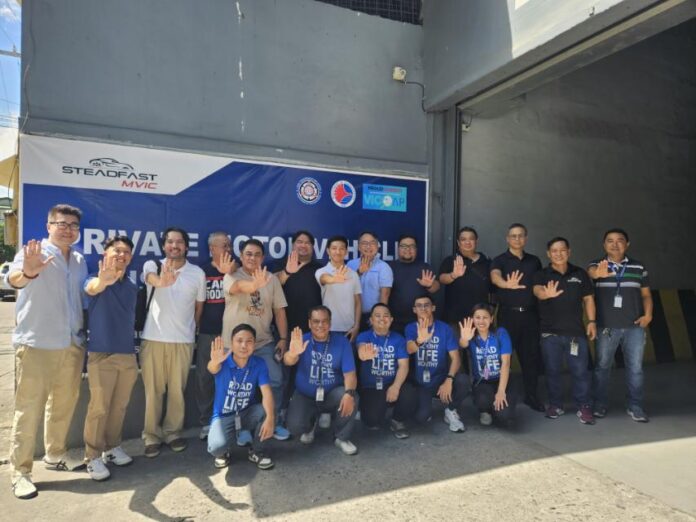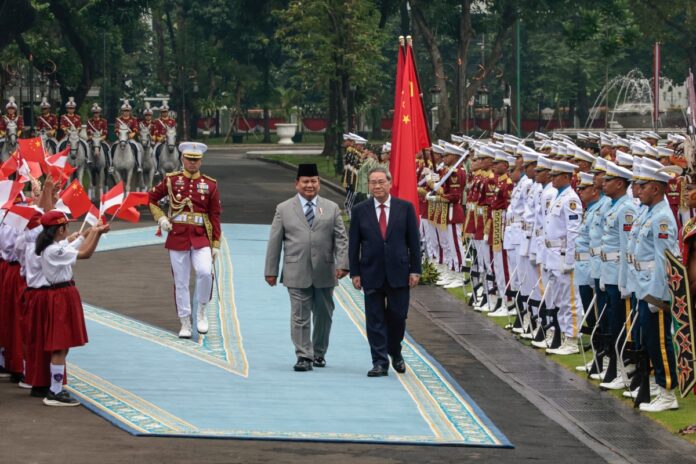LINAPACAN, Philippines—Two sisters in their 80s of Japanese descent in the Philippines who had been stateless before being granted citizenship from Japan last year met with their Japanese relatives for the first time Sunday.
The meeting between Esperanza Morine Cabrillos, 87, and Lydia Morine Galalan, 85, and their relatives from their Japanese father’s side came as this year marked the 80th anniversary of the end of World War II and eight months after they were recognized as Japanese nationals.
The Naha Family Court in Japan’s Okinawa Prefecture allowed the siblings in September to create a Japanese family registry after it confirmed that their father was a Japanese citizen and ruled they had Japanese citizenship since birth.
Their father immigrated to the Philippines to become a fisherman before the war, according to the ruling. He married their Filipino mother in 1935 and died during the war in March 1945.
In an interview with a Tokyo-based civic group in 2023, the two residents of the island municipality of Linapacan, south of Manila, shared their difficult experiences after their father died, including hiding their Japanese identity amid anti-Japanese sentiment following the war.
The civic group, called the Philippine Nikkeijin Legal Support Center, has helped many Filipino-Japanese descendants in the Philippines in their decades-long fight to obtain Japanese citizenship. Nikkeijin refers to people of Japanese descent who reside outside their ancestral homeland.
While the sisters had long dreamed of visiting their father’s homeland, their age made such a trip difficult and their cousins’ children in Okinawa traveled to Linapacan, one of the islands in the western-central Philippine province of Palawan, to meet with them.
When Japanese Prime Minister Shigeru Ishiba visited Manila last month, he met two second-generation Japanese descendants who have been stateless and another who acquired Japanese citizenship in 1998, saying Japan will help stateless Nikkeijin to acquire Japanese nationality “as soon as possible.”
While over 1,600 Nikkeijin in the Philippines have acquired Japanese citizenship, some 2,200 others remained stateless, of whom more than 90 percent have died, according to the center. As many have given up seeking Japanese citizenship due to the long waiting time, fewer than 50 surviving descendants are actively seeking to acquire Japanese nationality.









